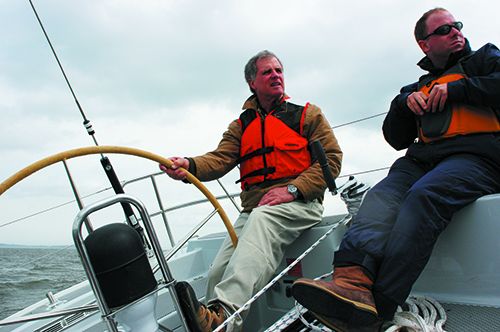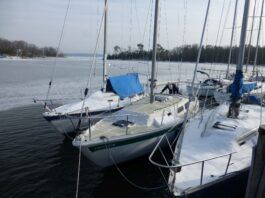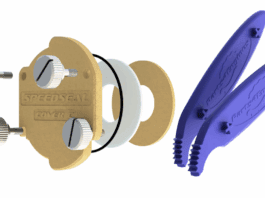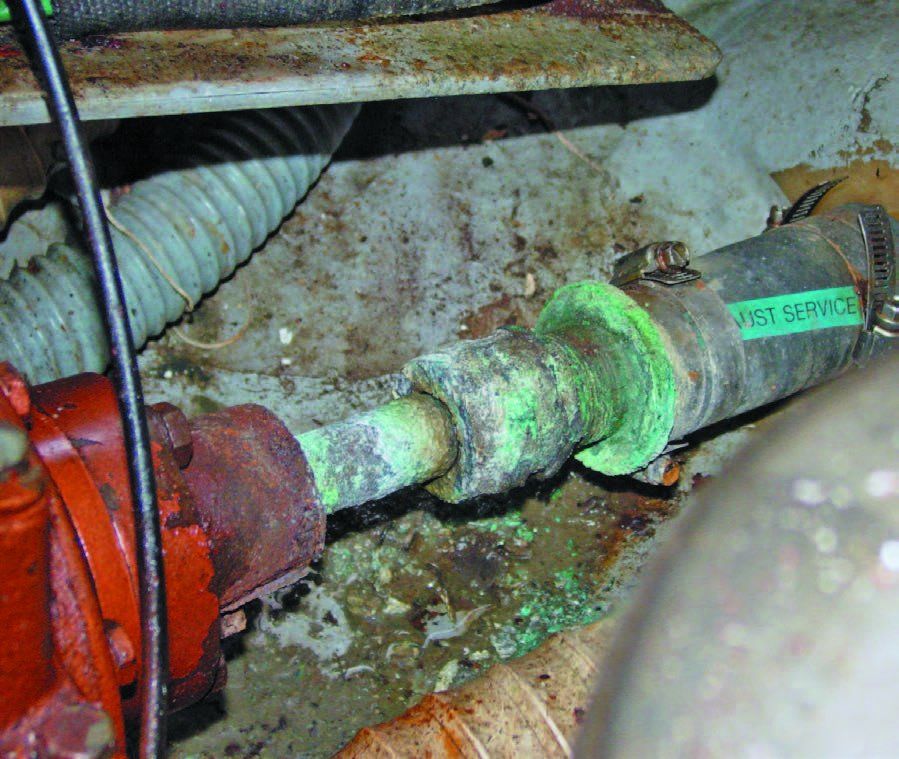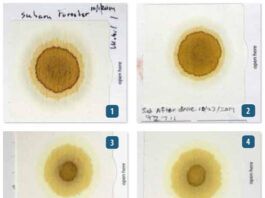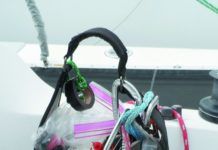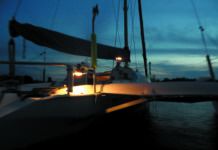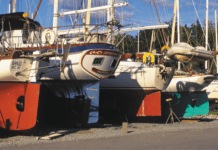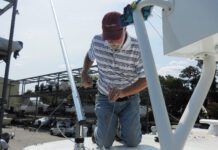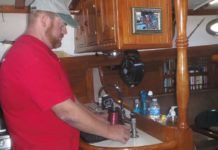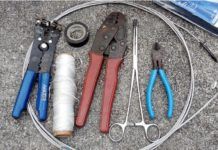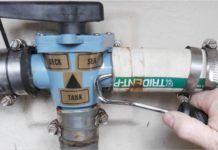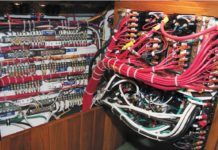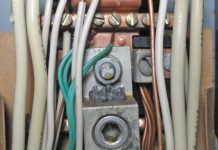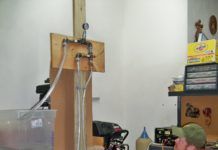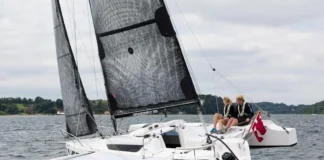The Get-Home Sailboat Tool Kit
The tools and materials required to maintain and repair everything on a boat will barely fit in a room. Just the kit required to maintain vital systems will raise the waterline of a large boat and is impractical in a smaller boat. Fortunately, when day sailing and even cruising locally, all we really need to do is get back to the dock...any dock.
Extra Anchor Lighting
When summer comes, a dozen or more sparkling white lights will adorn every popular anchorage. Visible from miles away, they promise to provide good...
Rudder Mods for Low-speed Docking
Any sailor who has tried to wrestle a full-keel ketch with a barn-door rudder into a tight slip has probably wondered if they could...
DIY Electrical System Survey and Inspection
So, you’ve finally purchased that new (or new-to-you) boat of your dreams. Now is a great time to familiarize yourself with its systems—a good...
Tap Water thats Better than Bottled
If youve followed the first two installments in this three-part series on ensuring safe, fresh-tasting drinking water onboard, youve cleaned your freshwater tank, pre-filtered all water going into the tank, screened the vent, and disinfected the contents. Now that the water has sat in the tank, its time for one more filtration process; this time, focusing on improving taste and eliminating micro-organisms.
A Smart, Easy Way to Rewire
Running the wires for new electronics requires your best cursing vocabulary, lots of sweat, twisting body contortions, luck, and the occasional bandage. For tips on how to make this job easier, we turned to PS contributor Bill Bishop. A professional marine-electronics installer, Bishop has many ingenious ways to thread a wire from point A to point B.
Hose Fitting Tips
Pulling hoses is generally low on the fun list. They are in bad places, jammed onto crusty hose-fitting barbs, and have stiffened over the years. As part of our 2016 update on long-term tests, we needed to wiggle loose a few of the sanitation hoses were testing to see how they were looking on the inside-a job much less pleasant than new installation.
Small Wire Connections: Best Methods
Connecting two standard-size wires is pretty straightforward: Grab a ratchet crimper, adjust it to fit the crimp connector, strip the two wires to fit into the butt connector, slide the wires into the connector, and squeeze the crimper. The required materials are readily available: butt connectors for inline splices, ring connectors for terminal blocks, and a dab of anti-corrosive grease for the bolts and rings. Done right, these connections can survive some extremely tough conditions. In a recent test of anti-corrosion greases and connections, we demonstrated how these connections can last up to five years in the worst bilge conditions.
Conductive Greases vs. Corrosion
Many marine installations call for dielectric grease to seal out moisture and prevent oxidation at electrical connections. During the course of our multi-part reporting on greases, several readers asked if a conductive grease would be better for these connections. We have reviewed several conductive greases (see Marine Wiring: Are the Pricey Options Worth the Cost? Practical Sailor, December 2010), testing their ability to protect wires and terminals for extended periods in a salt spray chamber,…
Avoiding Kinks in Flexible Hose Plumbing
When plumbing a boat's pressure water system, flexible tubing, with all its imperfections, is inevitably part of the equation. It is simple to install, and the connecting hardware (hose clamps) and fittings are readily available. Before beginning any plumbing project, the do-it-yourself should be careful to use the right hose for the job. Correct hose and coupling methods should be carried out as outlined by EPA, ABYC, and other regulatory agencies, including the U.S. Coast Guard.
But which tubing best withstands the bending needed to lead the water lines through the torturous routes they often must take?


